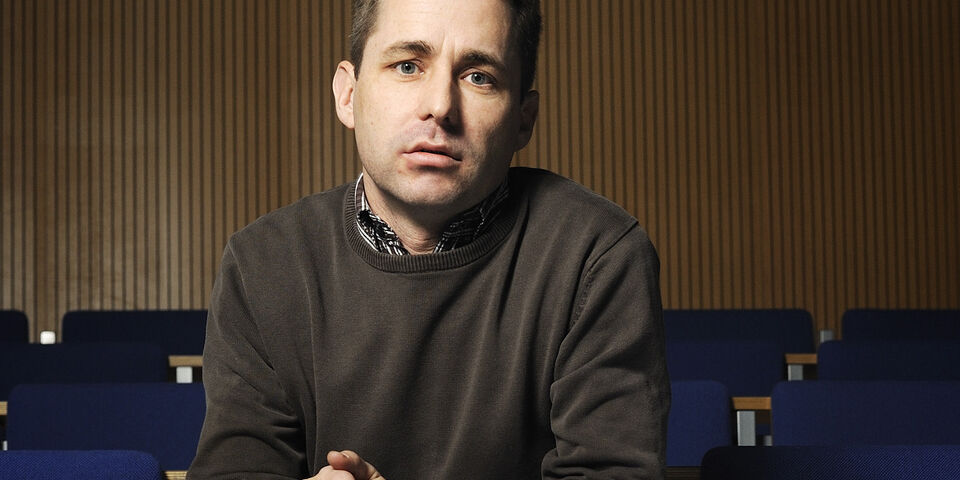What harm can poor sleep do?
A week of poor sleep -six hours or less- can seriously confuse your body, according to an article published in scientific journal PNAS last week. English researchers showed that lack of sleep may influence the regulation of approximately seven hundred genes. It was already known that people who don’t sleep well run a higher risk of infections, concentration problems, and cardiovascular disease. Bad news for partying students, and doctoral candidates pulling all-nighters. But how exactly does less sleep interfere with your body, and can a change in gene expression be undone?
“I’ll be honest: I did turn in a little earlier than usual after reading the article yesterday”, Maarten Merkx, associate professor of Chemical Biology at the Department of Biomedical Engineering, admits. “Still, their findings aren’t surprising. Epidemiological studies have already shown that long-term lack of sleep can have serious consequences, including diabetes. And everyone knows that failing to get a good night’s sleep for several days on end makes you feel ‘different’, and increases your chances of catching a cold. It can only mean the gene regulation changes; I would have been surprised had they not found any changes. And although seven hundred genes may sound like a lot, I’m not sure that number should lead to extra worrying… The results from previous studies – diabetes, cardiovascular disease – are worrisome enough as they are, I believe.”
“It’s also a good thing your gene regulation changes, because your body is trying to adapt to a new situation, one with little sleep. But what are the important changes? They found that in ‘normal people’ a group of genes involved in the immune system is more active during the day than at night, when the genes for cell structure are most active. For the group of people that slept poorly, gene regulation was disrupted by their biological clocks.”
“However, we’re looking for an answer to the question what harm several nights of partying or working on a paper until late at night for a few weeks on end can do in the long run. Can the change in your gene expression be undone? It would have been great had the researchers drawn blood samples from the poor sleepers a week after they had gone back to their normal sleep cycle.”
“There’s another issue as well. We know more and more about how environmental factors can turn on or shut down genes for an indefinite period: epigenetics. I wonder if long-term lack of sleep leads to such epigenetic changes. But that’s much more challenging to research.”
“People respond differently to poor sleep, just as we all have different sleeping needs. I know of people who claim they’re fine with four hours of sleep every night, but that reeks of boasting. By the way, in light of this topic it’s nice to point out the new biochemical ‘road map’ for humans, which was published in Nature Biotechnology yesterday. The media hype surrounding its publication, saying it’s ‘one of the greatest scientific breakthroughs ever’ seems a bit out of proportion, although we do now have a better insight into the human metabolic processes than ever. It’s possible that in the future we can check how people’s metabolism works and responds to certain situations like lack of sleep, based on personal genetics. But for now I’d just keep an eye on the clock and advise everyone to hit the hay early.”


Discussion